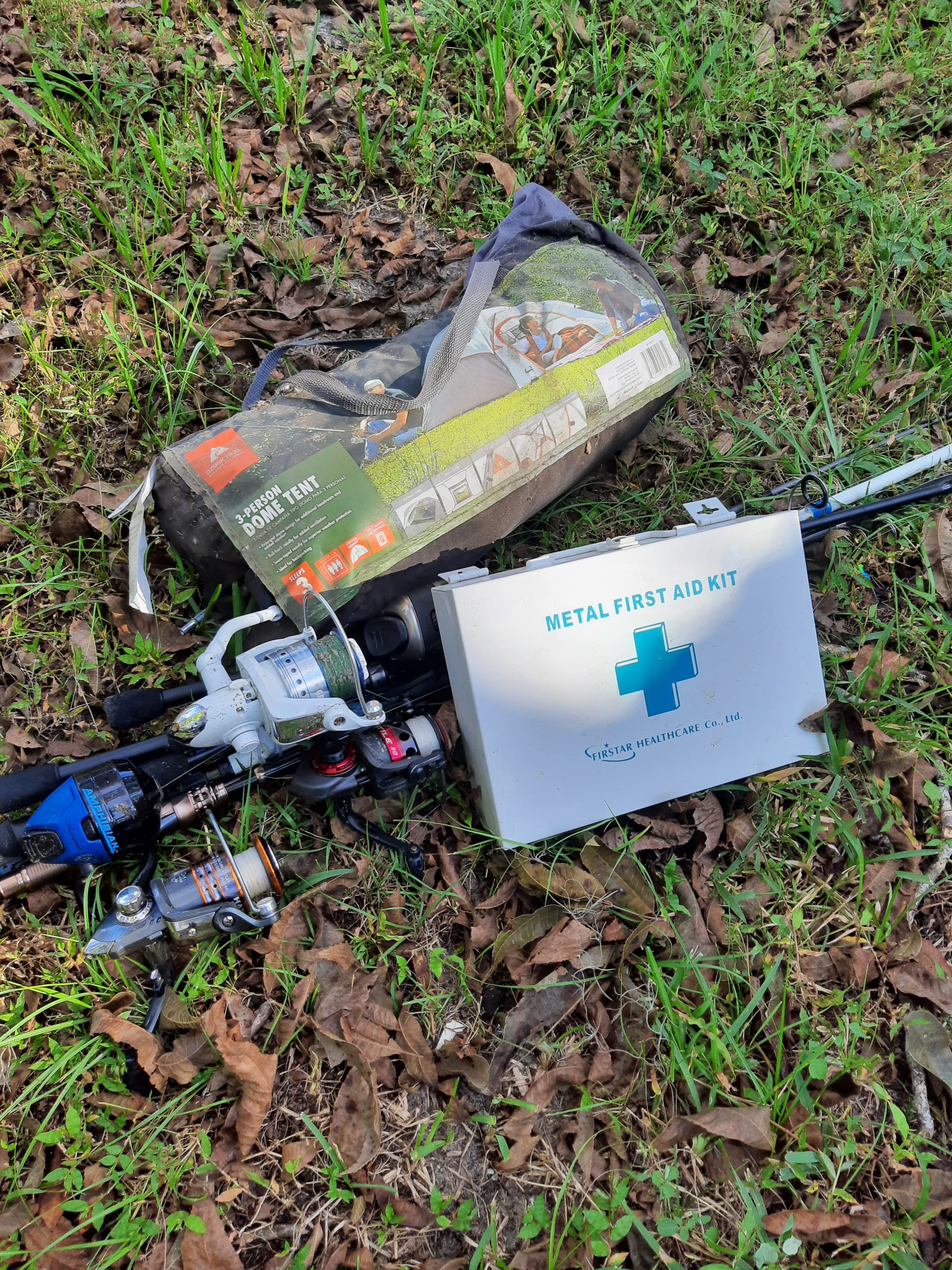Camping and First Aid safety
Camping is a popular recreational activity throughout the United States, with over 41 million people taking to the wilderness each year to camp in the outdoors. They have good reasons to do so, as camping has a number of physical and social benefits, including, but not limited to:
- Improved fitness
- Stress reduction
- Increased social connection with family and friends
- Exposure to fresh, clean air
However, as is the case with any outdoor activity, camping is not without its risks. Because of camping’s popularity, “Now is a vital time to learn how to manage medical emergencies in remote environments” says Morgan Tilton, a trained Wilderness First Responder. According to Tilton, issues that campers should be prepared for include musculoskeletal injury, cold injury, infection, blisters and lacerations.
The campsite itself also presents dangers, including burns (from campfires), bug bites and rashes, and injuries from sharp objects, such as utility knives and hatchets. Lifelong camper and trail racer David Parnell says, “The goal of having a first aid kit is never having to use it, but that objective is not always realistic.” Parnell recommends that every camper’s first aid kit contains –
- Medications for personal medical conditions
- Bandages, gauze and medical tape
- Antibiotic spray or wipes
- Tweezers (for splinters and ticks) and scissors
- Moleskin for blisters
- Burn cream
- Nitrate or latex gloves
- Emergency blanket
“Also”, says Parnell, “a mouth-to-mouth resuscitation device is vital to saving someone’s life while performing CPR.” The leading cause of death in national parks is drowning, and heart attacks are also possible during camping. Peter Mitchell. Founder of Decide Outside says, “It’s not that the trees, the sun, and the wind cause heart attacks. Heart attacks can happen if you exert yourself in ways you’re not used to. A two-mile hike may not seem like a big deal, but if you are not active, this may be a lot to ask of your body.”
Preparation is key for a safe camping trip. A good first aid kit is a must-have, but avid campers should also consider adding first aid and CPR training to their safety arsenal, especially when camping in remote areas where it will take time for responders to arrive. “Before my training, I was lucky,” says Morgan Tilton. “I stumbled across a few remote tragedies but was not needed on the scene, and, honestly, I would not have known how to help. Now that I have training in first aid and CPR, I can.”



